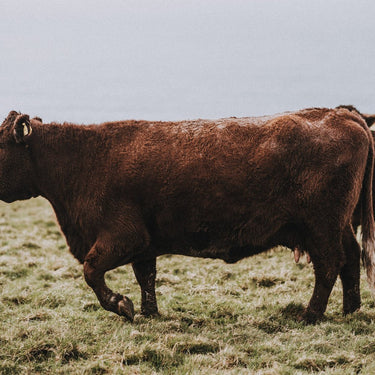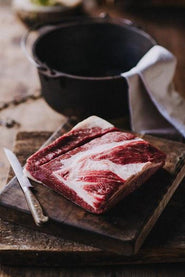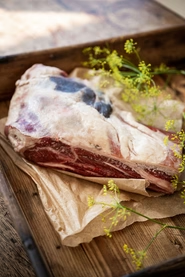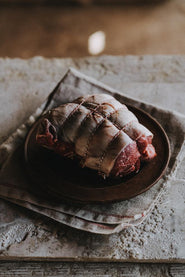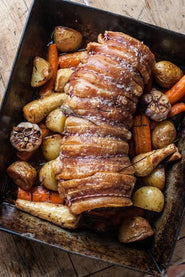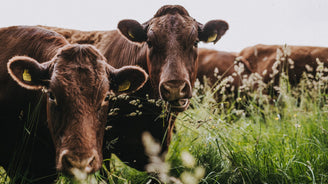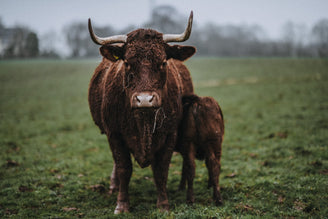Back in 2013, Food campaigner Michael Pollan made a compelling statement that resonates louder than ever as we step into the first days of 2021. “Cooking is a Political Act.” - Michael Pollan
His words came in the wake of the horsemeat scandal where ready meal lasagnes and other processed foods were shown to be loaded with mystery meat and an alarming number of artificial ingredients; 60 in the infamous microwaveable ‘Rustler’ burger.
“When we let corporations cook for us, we lose control. there's an enormous leap of faith to think they are going to have integrity, and that their beef is beef." He said to The Independent at the time.

His point is that by cooking from scratch we control the ingredients that go into our food. This is crucial as the way in which our food is produced has a staggering impact on our environment, culture, society and communities. As we have talked about many times before here at Pipers Farm, large scale industrialised farming drives climate change, environmental destruction and wildlife loss. It turns food production from a nourishing craft into corporate profiteering that fuels deeply unfair and damaging distribution of wealth.
In contrast, food produced on small scale family farms using regenerative techniques has the opposite impact. It creates local jobs, keeps money in the rural economy, and gives farming families a chance of survival. It encourages biodiversity, enables outstanding standards of care for livestock as farmers can rear native breeds that grow at a natural rate and give them individual care. It minimises reliance on imported feed, and artificial inputs like nitrogen fertiliser, which create a huge carbon footprint in their production and destroy soil flora and fauna, leading to soil erosion and polluted waterways.

But there’s another question at the fore – not just what meat we should be eating, but how much? Should we be eating meat at all? Many believe that a plant based diet is the best approach for our environment, but we are not convinced. Many ingredients popular in plant based diets are imported and grown under monoculture conditions, so the argument that it is kinder to the environment is deeply flawed. The rise in popularity of plant-based foods has been hijacked by Big Business too, and what you find on the shelves is often ultra-processed food made by those same corporate entities who externalise their costs and have profit at their heart.
"By reducing the demand for cheap meat, it removes the economic incentive for factory farming and all its destructive impacts."
Our view is that for us to have a hope of tackling the climate crisis, home cooking is crucial but things do need to change. We need to embrace a Less & Better approach to meat. We do eat too much meat, and that needs to change. By reducing the demand for cheap meat, it removes the economic incentive for factory farming and all its destructive impacts. It allows farmers to rear livestock naturally, with grass under their trotters, feet and hooves, and be paid fairly for taking care of our countryside. That is our hope, that is the world we are working towards.

So thank you for buying your meat from us, and helping us build toward that future. With all that has happened in the past twelve months especially, we are more determined than ever to make this world a little bit better, through beautiful food, mindfully produced.
Here’s to less and better meat.
